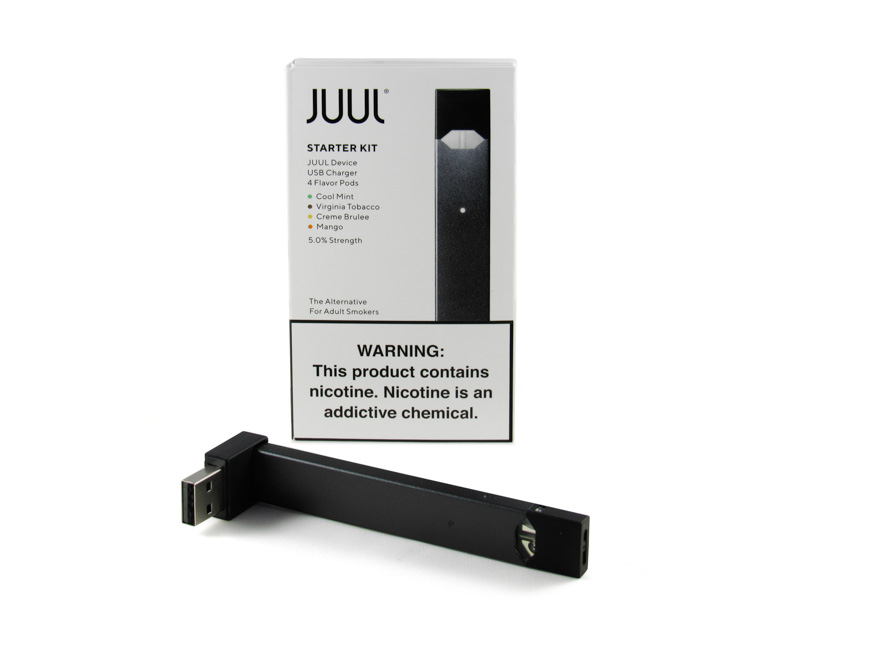Juul Labs — which evolved from a Stanford thesis project into the leading U.S. e-cigarette producer — may no longer see its product sold in its home city of San Francisco, after city officials voted on Tuesday to ban the sale of all e-cigarettes until their health effects are more clear.
In addition to the ban on store sales, online retailers will no longer be able to deliver e-cigarette products to addresses in the city. Though the legislation behind the ban has not yet been signed, San Francisco mayor London Breed has indicated she will sign it within the 10 days allotted. If signed, the ban will begin seven months from the date of Breed’s signature. It would be the first such ban in the United States.
Juul spokesperson Ted Kwong said the ban would motivate smokers to use traditional cigarettes, which are still available for sale in San Francisco, in addition to creating “a thriving black market” for e-cigarettes in the city. Anti-vaping activists, however, say that e-cigarette companies like Juul prey on young audiences with flavored products that may encourage traditional smoking later.
“We have already taken the most aggressive actions in the industry to keep our products out of the hands of those underage and are taking steps to do more,” Kwong said.
The ban follows criticism of the Food and Drug Administration (FDA) for its approach to e-cigarettes, which many activists find lacking. San Francisco City Attorney Dennis Herrera said the ban on sales is necessary because of an “abdication of responsibility” by the FDA in its own regulation of e-cigarettes.
The FDA decided earlier this year to give companies until 2021 to apply for evaluation of their e-cigarette products, pushing back a deadline the agency had originally set for August 2018.
Juul released footage on Feb. 27 of co-founders Adam Bowen M.S. ’05 and James Monsees M.F.A. ’06 presenting the former Stanford thesis project as a way to “take tobacco back to being a luxury good and not so much a drug delivery device” in a 2005 graduate thesis presentation.
“Our goal was to basically create a whole new experience for people that pertains to the positive aspects of smoking, like the ritual and everything, but makes this as healthy and socially acceptable as possible,” Bowen said in the video.
The company’s post, which emphasized its mission to promote the switch from cigarettes to a healthier alternative, followed years of criticism for Juul’s alleged fostering what the FDA has called an “epidemic” of youth addiction through advertisements appealing to teen audiences. Tuesday’s legislation represents the peak of government pressure on the company, after it was forced to temporarily remove its flavored e-cigarettes from the market on Nov. 13, 2018.
The Centers for Disease Control and Prevention (CDC) reports that the number of U.S. teenagers who admitted to use of nicotine products rose approximately 36% in 2018. The CDC attributed this increase to concurrent growth in e-cigarette use. Juul controls about 70% of the U.S. e-cigarette market.
One must be 18 years of age to legally buy tobacco products in the United States, though the minimum age in California and some other states is 21.
Juul closed its Instagram and Facebook accounts to the public after news of Tuesday’s legislation.
Contact Holden Foreman at hs4man21 ‘at’ stanford.edu.
